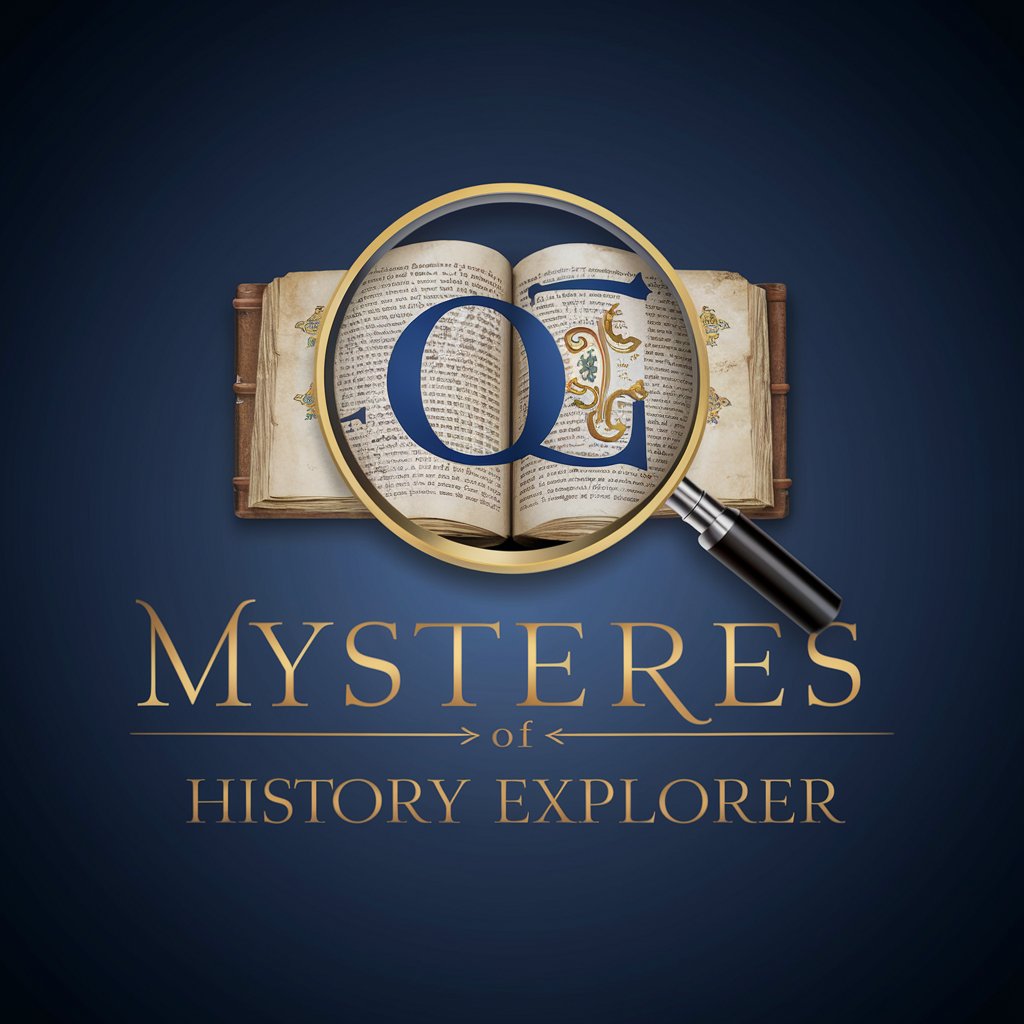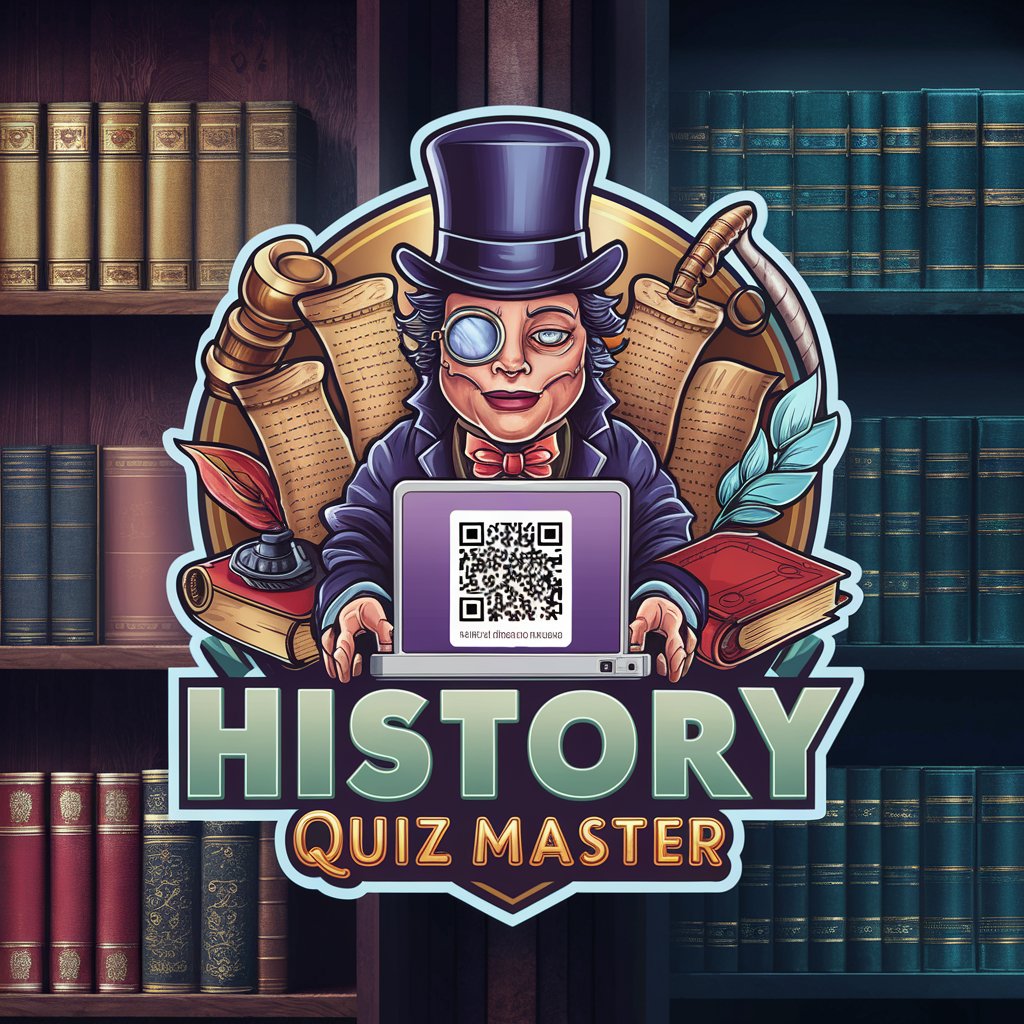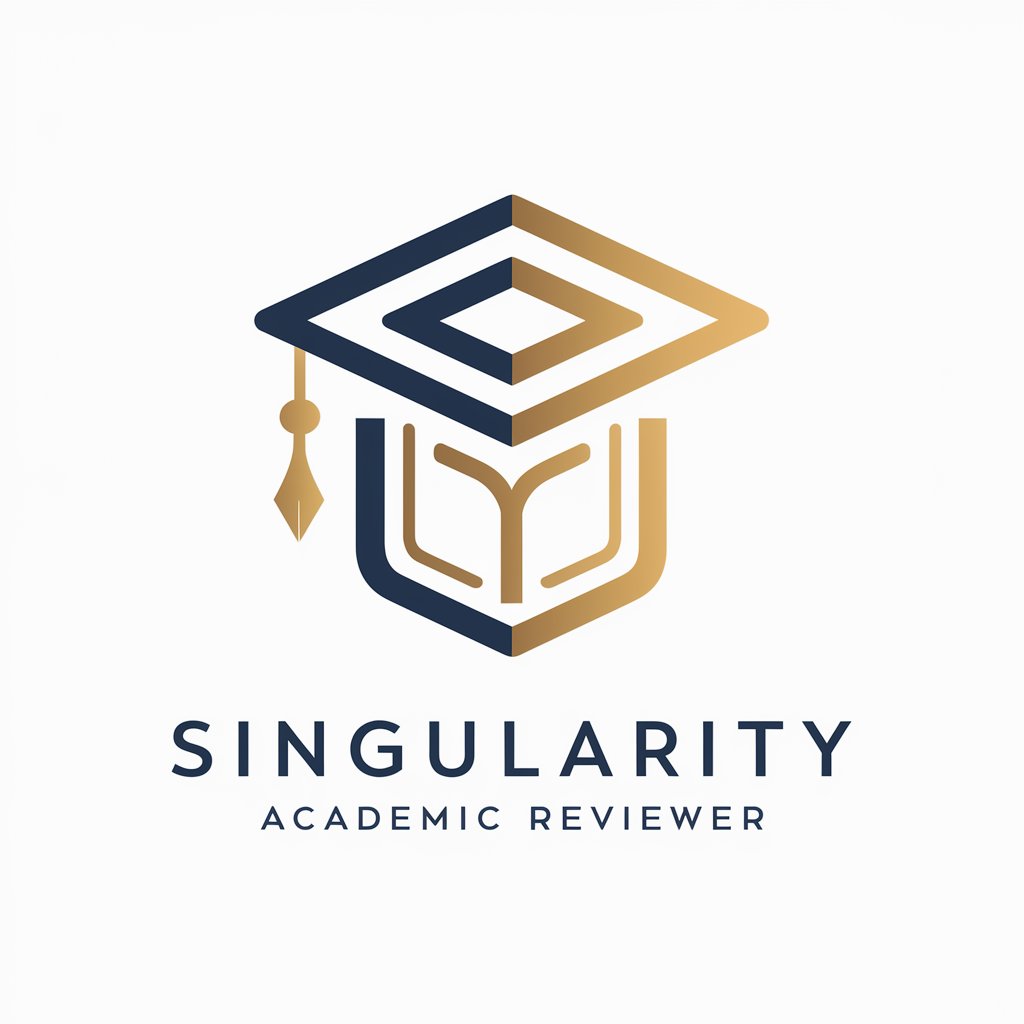
Mysteries of History Explorer - Historical Mysteries Exploration

Welcome to Mysteries of History Explorer, your guide to uncovering the past's secrets.
Unravel history's enigmas with AI-driven analysis
Explore the most widely accepted theories about the fall of the Roman Empire.
Analyze the different perspectives on the mystery of the lost colony of Roanoke.
Examine the evidence surrounding the disappearance of the Amber Room during World War II.
Discuss the various theories about the true identity of Jack the Ripper.
Get Embed Code
Introduction to Mysteries of History Explorer
Mysteries of History Explorer is a specialized AI tool designed to delve into historical mysteries, providing structured and in-depth analysis. It operates by presenting the 'Most Widely Accepted Theory' to explain historical enigmas, followed by 'Other Theories' that encompass alternative explanations, from the slightly less accepted to the speculative or unconventional. Each theory is clearly delineated to highlight its acceptance level and credibility, ensuring a scholarly tone throughout. This approach not only fosters critical analysis but also ensures historical accuracy. For instance, when exploring the disappearance of the crew of the Mary Celeste, Mysteries of History Explorer would first detail the most plausible explanations backed by evidence, such as abandonment due to a perceived threat, and then proceed to discuss less conventional theories, like piracy or paranormal activity, always clarifying the speculative nature of these theories. Powered by ChatGPT-4o。

Main Functions of Mysteries of History Explorer
Analyzing Historical Mysteries
Example
Investigation of the causes behind the fall of the Maya civilization.
Scenario
A user inquires about the decline of the Maya empire, and Mysteries of History Explorer provides a detailed analysis starting with the most accepted theories, such as prolonged drought, and then explores other possibilities, including overpopulation and warfare, each with its evidence and counterarguments.
Comparative Theory Evaluation
Example
Examination of the different theories surrounding the construction of the pyramids.
Scenario
When queried about how the Egyptian pyramids were built, the tool outlines the traditional ramp theory as the most widely accepted explanation, followed by alternative theories like the internal ramp theory or the use of water canals, discussing the evidence, feasibility, and scholarly consensus for each.
Historical Contextualization
Example
Contextual background on the geopolitical dynamics leading to the Trojan War.
Scenario
In response to a question about the Trojan War's origins, the tool provides a comprehensive overview of the socio-political context of the late Bronze Age, the most credible historical and archaeological evidence supporting the war's occurrence, and then discusses various legendary aspects and their symbolic interpretations.
Ideal Users of Mysteries of History Explorer
Academic Researchers
Scholars and students in the field of history who require a detailed, evidence-based analysis of historical events or phenomena. They benefit from the tool's structured approach to presenting theories, facilitating a deeper understanding of complex historical issues.
Educators and Students
Teachers seeking to incorporate engaging content into their curriculum and students looking for comprehensive material for their studies. The tool's clear delineation of theories makes it an excellent resource for educational purposes.
History Enthusiasts
Individuals with a keen interest in history who enjoy exploring historical mysteries and theories. They find value in the tool's ability to provide a broad spectrum of perspectives on intriguing historical questions.

How to Use Mysteries of History Explorer
Start Your Journey
Access a comprehensive historical inquiry platform at no initial cost by visiting a designated website, ensuring a hassle-free exploration without the necessity for account creation or premium subscriptions.
Choose Your Mystery
Navigate to the 'Explore Mysteries' section and select a historical mystery that piques your interest. The platform covers a wide range of topics, from ancient civilizations to unresolved historical puzzles.
Review Theories
Dive into the 'Most Widely Accepted Theory' for an evidence-based overview, then explore 'Other Theories' to gain insight into alternative explanations and speculative hypotheses.
Engage with Content
Utilize the interactive features such as timelines, maps, and critical analysis tools to deepen your understanding and engage with the historical material in a meaningful way.
Share and Discuss
Leverage community forums or social media integration to share insights, discuss theories with peers, and contribute to the collective understanding of historical mysteries.
Try other advanced and practical GPTs
Figurative Language Enhancer
Elevate Your Writing with AI-Powered Figurative Language

History Quiz Master
Empowering historical exploration with AI

Van Gogh Canvas
Transform photos into Van Gogh masterpieces

Cube Mentor
Master the Cube with AI Guidance

Chat with Abraham Lincoln
Engage with history through AI-powered Lincoln.

ShowmelocalGPT
AI-powered local professional finder

CodeSage - The Next-Gen AI Programmer
Empowering Coders with AI Intelligence

Coloring Page
Unleash Creativity with AI-Generated Coloring

良品铺子
Empowering Creativity with AI

好未来
Empowering Your Creativity with AI

Code Score
Elevate Your Code with AI-Powered Insights

Singularity Academic Reviewer
Enhancing Academic Excellence with AI

Frequently Asked Questions about Mysteries of History Explorer
What types of historical mysteries does the Explorer cover?
Mysteries of History Explorer delves into a wide array of historical enigmas, ranging from the disappearance of ancient civilizations, unsolved artifacts, cryptic writings, and unexplained events. Each topic is thoroughly researched, presenting evidence-based scenarios alongside speculative theories.
How is information verified on Mysteries of History Explorer?
Our platform prioritizes historical accuracy and critical analysis. Information is curated from reputable sources, including academic journals, verified historical texts, and expert opinions. Each theory is clearly labeled according to its acceptance level within the scholarly community.
Can users contribute to or suggest new mysteries?
Yes, users are encouraged to suggest new mysteries through a submission form. Suggestions are reviewed by our team for historical significance, available evidence, and interest level before being added to the platform.
Is Mysteries of History Explorer suitable for educational purposes?
Absolutely. The platform is an excellent resource for educators and students alike, providing a structured approach to historical inquiry that fosters critical thinking, evidence evaluation, and comparative analysis of historical theories.
How often is content updated?
Content is regularly updated to reflect new discoveries, scholarly debates, and user contributions. This ensures that the Mysteries of History Explorer remains a dynamic and evolving resource for historical exploration.